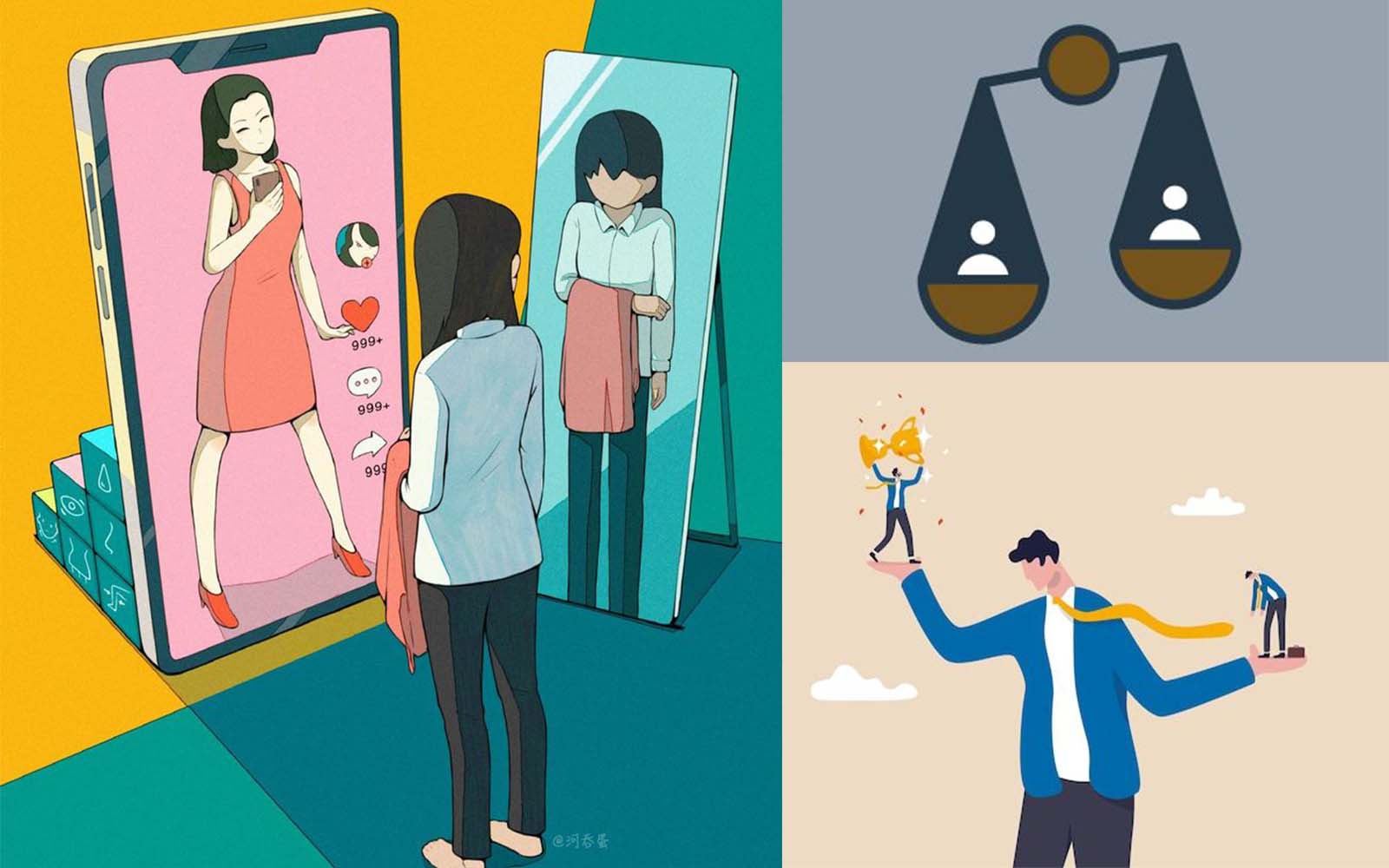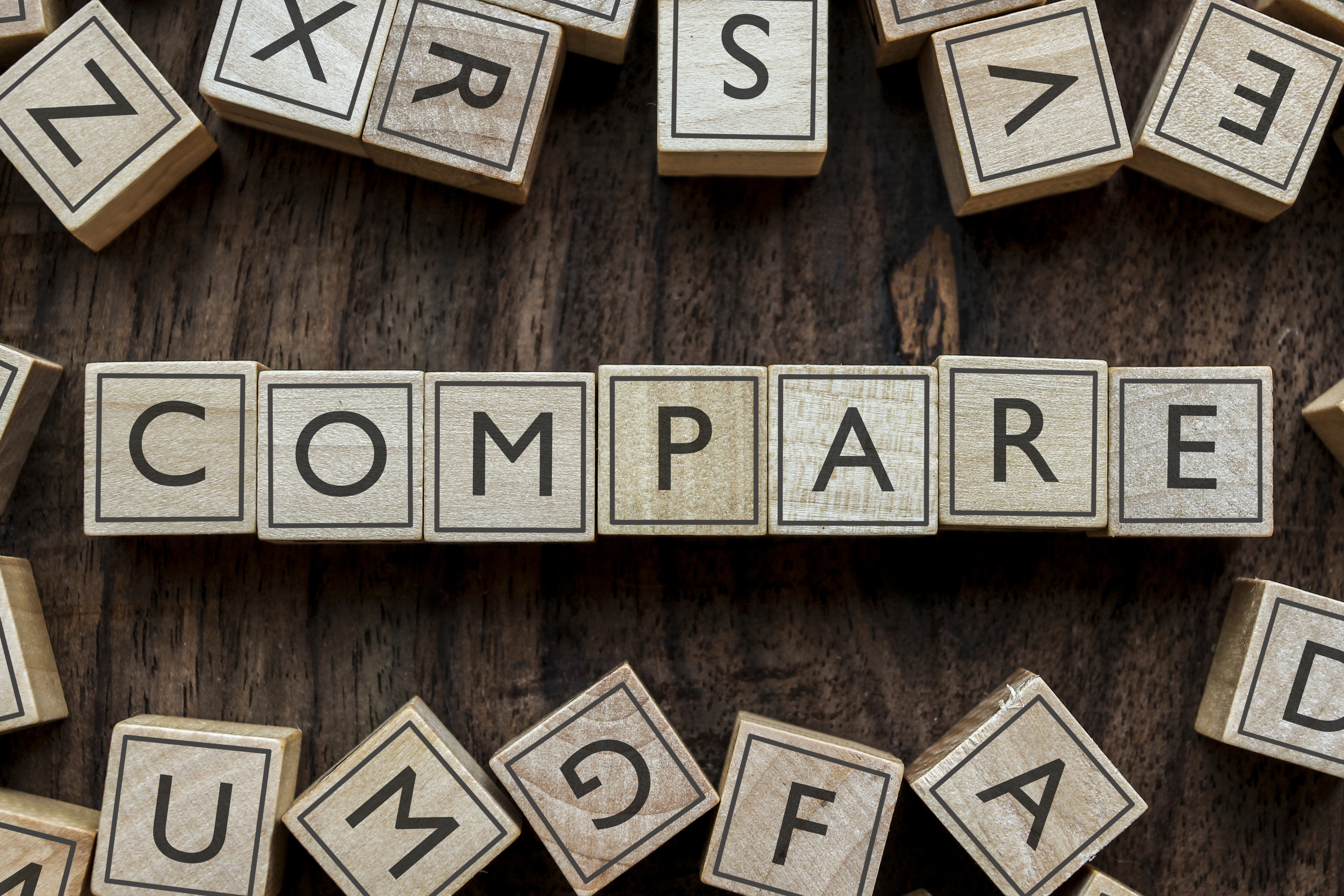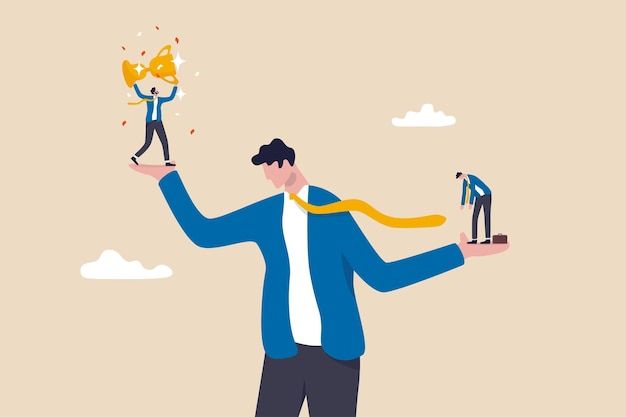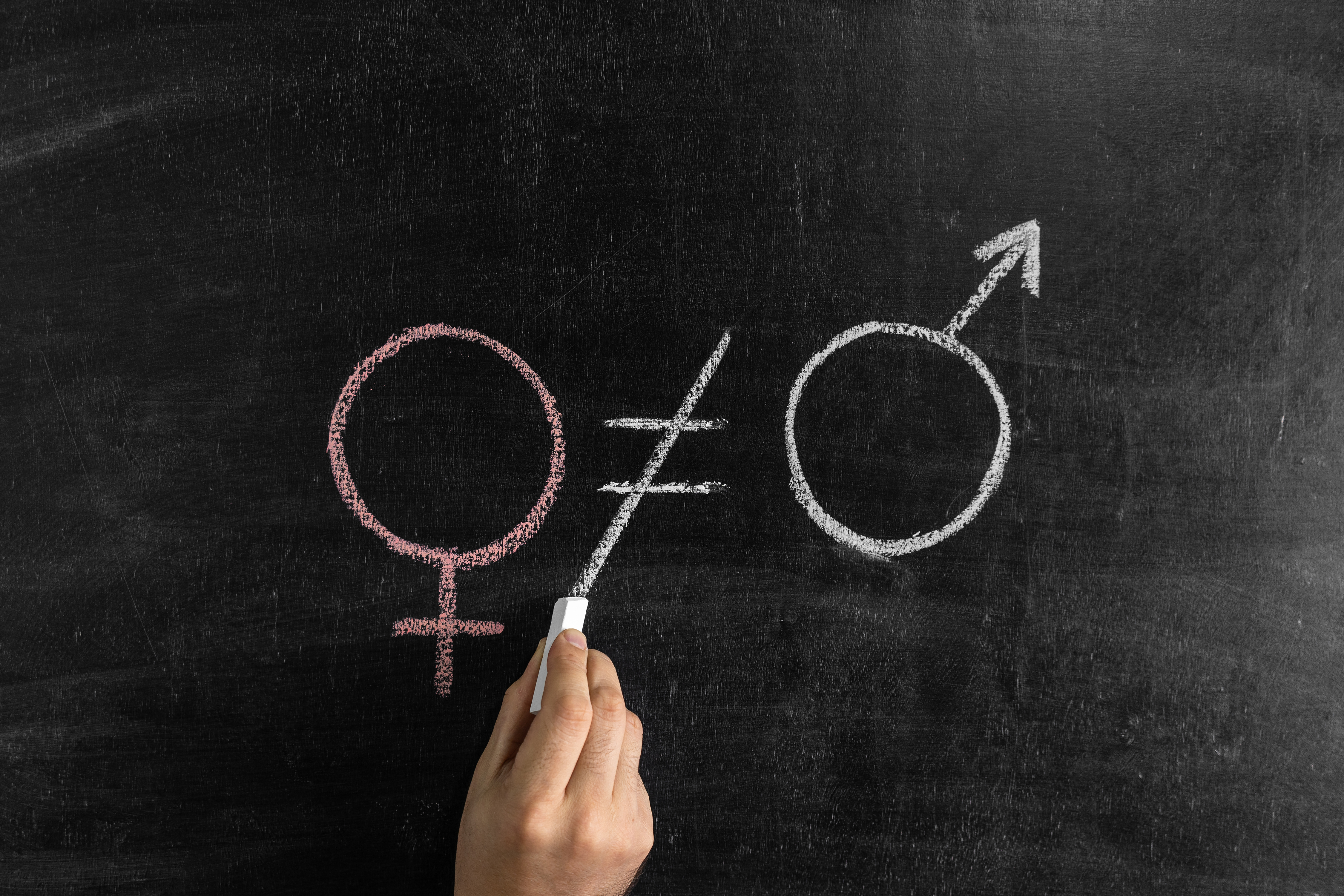
In an era brimming with challenges, the inevitable occurrence of comparisons often shapes our perspectives and decisions. From childhood, phrases like "He isn't like you. He's good at..." echo, underlining the pervasive nature of comparison. This article delves into the nuances of comparison within Myanmar's diverse cultural landscape, exploring how it intertwines with traditional values and contemporary ambitions. It unravels everyday scenarios where this intricate web of comparison subtly influences our lives, illuminating its profound impact on individuals.

Social Expectations
As society molds its expectations, individuals often find themselves entangled in a web of comparison. How societal norms contribute to this pressure sheds light on the relentless comparisons placed on individuals in various aspects of life. Whether it be personal relationships, appearance, or social standing, the weight of societal expectations can be both burdensome and pervasive.

Educational Aspect
The education system's excessive emphasis on scores and grades exacerbates unhealthy competition among young students. This focus on academic achievement unveils the immense pressures faced by students and their families in their educational journey. The relentless pursuit of high grades becomes a defining factor in assessing one's value, often overshadowing the importance of holistic development.

Careers and Success
In the realm of careers and success, the looming presence of comparison casts a significant shadow. Professional achievements come under constant scrutiny, compelling individuals to conform to societal standards of success, often leading to feelings of pressure and apprehension. Consequently, the pursuit of personal passions, hobbies, and genuine inspiration takes a backseat, overshadowed by the allure of fame, status, wealth, and power. This shift poses a considerable challenge in maintaining a balanced and fulfilling professional life.

Cultural Identity
The juxtaposition of tradition and modernity raises questions about cultural identity. The tension between preserving cultural roots and adapting to changing global norms, this explores how individuals grapple with being compared based on cultural practices. The struggle to strike a balance between heritage and the pressures of modernity unfolds as a nuanced narrative within the broader context of comparison.

Gender and Social Roles
Gender roles and societal expectations form an arena ripe for perpetual comparisons. Understanding the role of these expectations in shaping societal norms reveals the challenges faced by individuals, particularly those who diverge from traditional gender roles. Embracing a more inclusive and progressive perspective, one that incorporates global outlooks and practices, can offer a refreshing approach to redefining gender roles beyond entrenched traditional beliefs.
The issue of comparison is far from one-dimensional; it's a complex problem with multifaceted impacts. Individuals often endure traumatic experiences and face unnecessary consequences due to this pervasive comparison culture. Embracing, accepting, and adapting new outlooks, practices, and attitudes from an international perspective can pave the way for creating a more balanced and nurturing atmosphere for both ourselves and others.




Comments